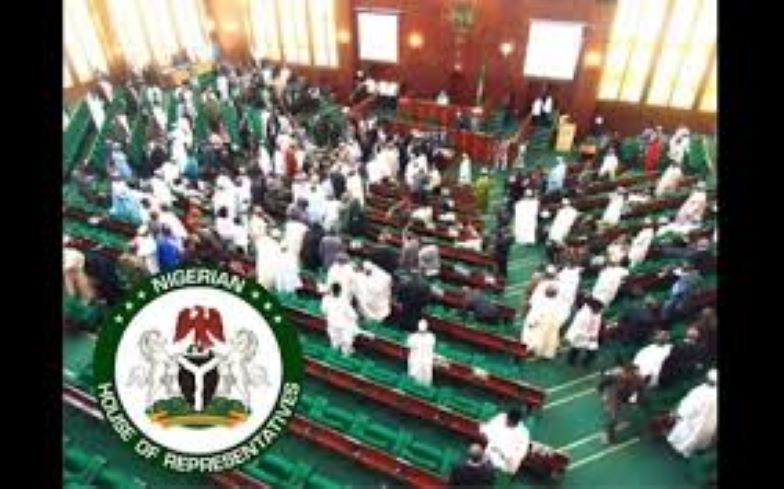By Jonathan Lois
The House of representatives has asked the federal government through the office of the secretary to the Government of the Federation to carry out a forensic audit of its staff to address the problem of ghost workers to save money and reduce the increasing wage bill
It also urged the federal government to embark on cost-cutting measures to reduce other non-debt
recurrent expenditures.
The resolutions of the House was sequel to a motion on the “Need to Investigate the Nation’s Galloping Non-Debt Recurrent Expenditure.”
It was sponsored by Hon. Ademorin Kunye, (APC, Lagos) who noted that the federal government personnel expenses, pensions and other non-debt recurrent
expenditures increased by 241% in 13 years from N2.4trillion in 2011 to N8,27trillion in 2023
He also noted that the total non-debt expenditure from 2011 to 2023 is N51.97trillion while N42.24trillion
expended from 2015 till date represents 81.8% of the total expenditures of the period under review.
According to Kunye: “he country’s revenue within the period received massive hits from debt servicing obligations, the government have little or nothing left for the recurrent expenditures and has resorted
to borrowing”.
“Also aware that the Debt servicing obligations gulped 97 per cent of the total revenue of the N3.42 trillion generated in 2011, Nigeria expended N3.34 trillion on debt servicing, meaning all federal government’s salaries, overhead and Capital Expenditure was financed with loans and Central Bank of Nigerian support
“Informed that the country’s revenues of N3.42trillion in 2020, N4.39trillion in 2021 and N7trillion in 2022 could hardly fund the wage bill of N5.7trillion, N5.76trillion and N7.1 trillion in 2020, 2021 and 2022 respectively
Kunye worried that the Federal Government wage bill, pension obligations and other non-debt recurrent
expenditures continue to grow significantly, despite the marginal increases in revenues and apparent increases in debt servicing pressure.
In adopting the motion, the House worried that the sharp difference in the wage bill from N2.4 trillion in 2011 and N8.7 trillion in 2023 in a country of 113 million people living in multidimensional poverty is alarming and
unjustifiable
The house is also concerned that despite the present administration economic restructuring policies, revenues cannot continue to pay salaries and other recurrent expenditures when there are still humongous debt servicing obligations to be taken care of
“The house therefore mandated the Committee on Legislative Compliance to ensure implementation.
End…
| ReplyReply allForward |



